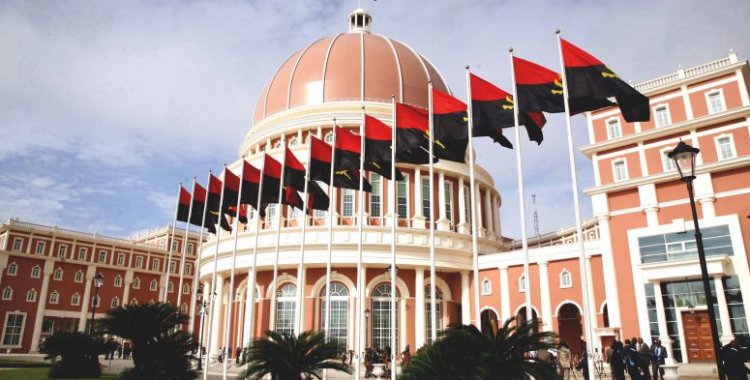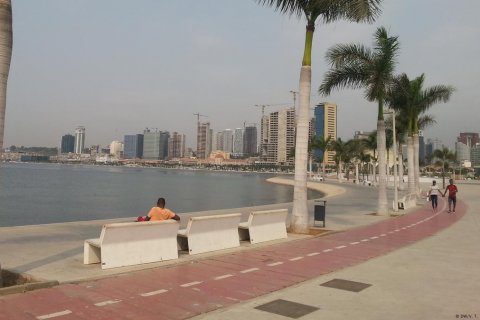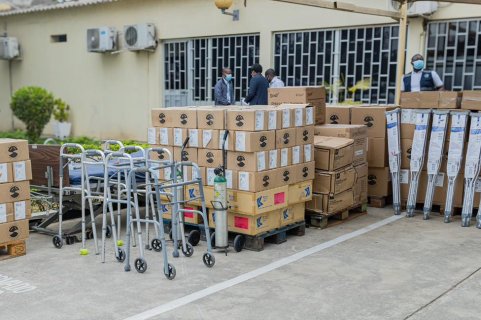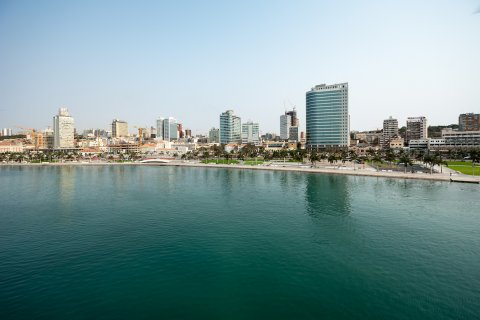"The proposal was unanimously approved after the proposer [the MPLA] accepted a substantial amendment" to the version of the diploma initially presented, Mihaela Webba, member of the National Union for the Total Independence of Angola (UNITA), told Lusa.
According to the parliamentarian, a new paragraph six, proposed by independent MP Lindo Bernardo Tito (former Broad Convergence for the Salvation of Angola-Electoral Coalition), has been added to article 4, which includes a series of measures that can be adopted by the holder of the executive power with the declaration of the situation of disaster or calamity.
The law now stipulates that "under no circumstances may the measures to be taken by the President of the Republic, as the holder of executive power, call into question the rights, freedoms and guarantees of citizens".
According to Mihaela Webba, the MPs considered that the inclusion of this safeguard "constitutes a brake on the actions of the President of the Republic and the agents who can apply these measures".
Article 4 provides, for example, that with the declaration of a disaster or catastrophe, the holder of executive power may take measures concerning the functioning of public and private institutions, markets, the exercise of commercial activity, activities involving the massive participation of citizens, the functioning of public transport, day-care centres and schools, religious, sports and leisure activities, among others.
Mihaela Webba, who is also a lawyer, admitted, however, that the law is not entirely satisfactory.
"I still think this law hurts the Constitution," she said.
The President of the Republic has the prerogative to decree the exceptional states provided for in the Constitution (state of emergency, war or siege), but this new situation "which is not foreseen, gives the holder of executive power the power to limit and suspend rights and freedoms when there are calamities or disasters", she said.
However, "in political terms, there was a commitment to frame paragraph six in Article 4", so UNITA MPs voted for the diploma, following the vote of MPs from the Popular Movement for the Liberation of Angola (MPLA), Broad Convergence for the Salvation of Angola-Electoral Coalition (CASA-CE) and independent
With the final vote on the law scheduled for Friday, the President of the Republic may enact the law on the same day, in time for it to be published in the Official Gazette and enter into force on Monday, the date on which the state of emergency ends, and may decree the state of calamity on the basis of this law.
On the differences between the state of emergency and the state of calamity, the UNITA deputy said that the limits to citizens' rights, freedoms and guarantees are greater in the former case, giving as an example the freedom of expression and information.
Angola ends on 25 May the third extension of the state of emergency that was declared for the first time on 27 March and includes restrictions on the movement and movement of people, as well as on economic activity, to prevent the spread of covid-19.
In their reasoning report, the authorities state that the current Basic Law of Civil Protection "does not provide sufficient tools to the holder of executive power to put in place an effective system of preparedness and response in situations of serious collective risk, disaster or calamity".







